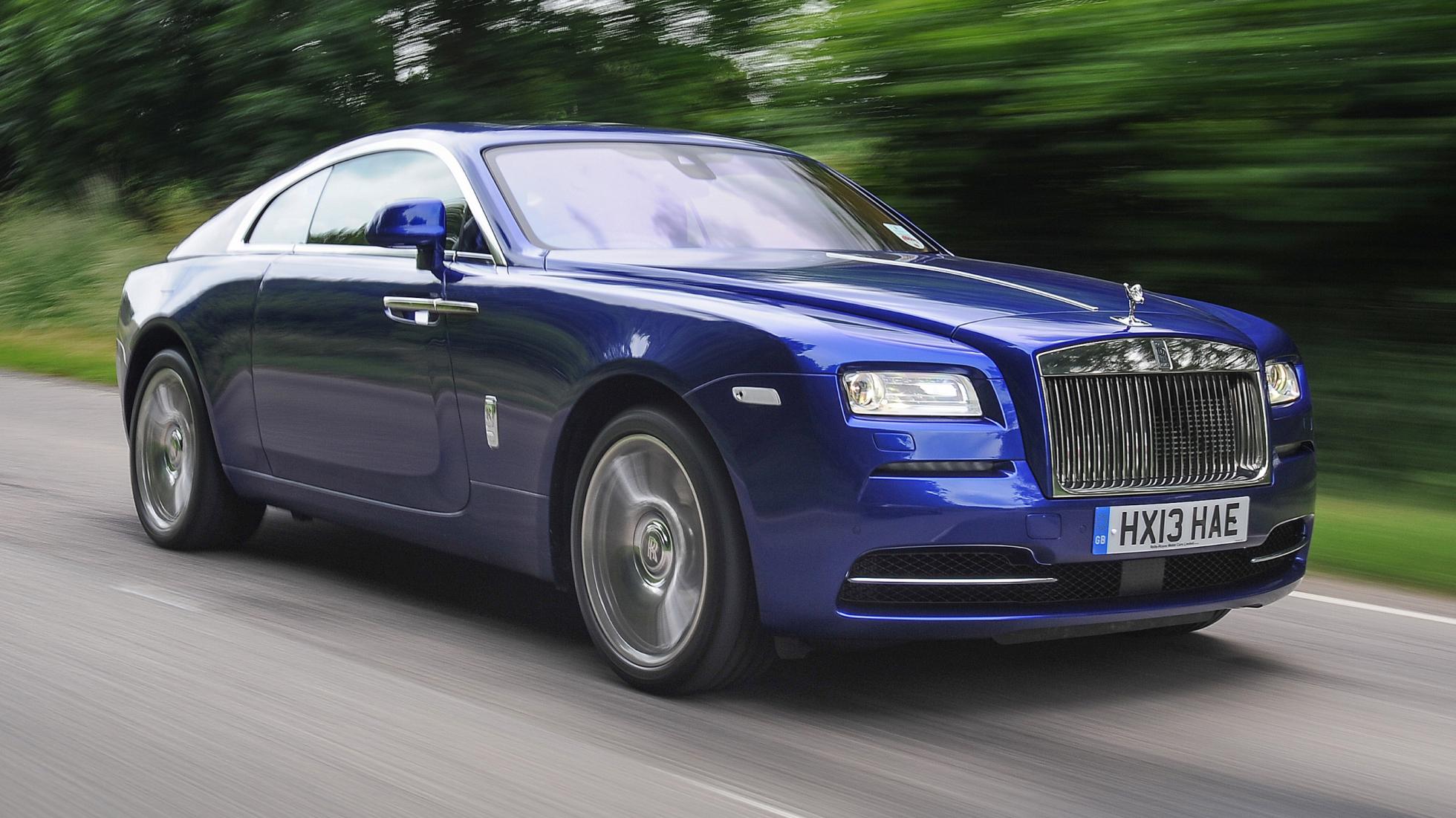- Judith Akatugba
- 0 Comments
- 820 Views
Purchasing a new car is a difficult undertaking, particularly if you have a budget in mind. Numerous factors need to be taken into account, such as the car’s size, model, engine output, and—above all—its intended use. Functionality will be important when choosing a new automobile, whether you want to drive quickly on the highway, take extended trips to the beach, or commute in the city.
Read Also: Essential Factors to Consider When Buying A Luxury Homes
Purchasing a new automobile can be a stressful affair, despite how thrilling it is to test drive, breathe in that new car fragrance, and be treated like a king by car salespeople. It is likely to be one of your most costly financial decisions to date, so you should approach it with information and assurance. For this reason, we’ve compiled ten professional suggestions to enable you to choose wisely when purchasing a new vehicle.
1. Be Aware of Your Budget and Follow It
Even while it’s fun to fantasize about owning a Mercedes Benz or Jaguar from the previous generation, not everyone can afford to buy a new car. Be honest with yourself about the highest amount you are willing to spend on a new car before you begin your investigation, and just don’t look over it. Rather, concentrate on identifying the most exciting and greatest solutions that fit within your budget.
2. Consider What You Need the Car For
A sporty two-seater will have a different purpose than a huge family automobile. Even if you might need a car for both commuting to work and family outings, it’s important to know how you want to utilize it most of the time.
To accommodate everything in, a larger boot can be necessary if you travel frequently or participate in sports. Even though they cost a little more to purchase than gasoline-powered vehicles, diesel cars may prove to be a wiser long-term investment for drivers. A sports two-seat car is the best option if you’re looking for a quick vehicle to brag about.
Narrowing down your selections will also be aided by knowing how you intend to use your new car.
3. Select a Model That Is Worth Its Price
Cars are among the worst commodities to purchase, according to investing experts, because their value tends to decline with time. If you intend to sell your automobile at some point, do your homework and select a model that will appreciate in value more gradually. Volkswagen, Audi, and Mini are usually at the top of the list of vehicles that retain their value.
4. Time Is Crucial
You might be able to get a better deal at different seasons of the year if you can afford to wait and don’t need a car right away. Car dealers usually have goals to achieve, and these goals are determined by quarterly sales. As a result, dealerships will endeavor to move inventory, thus the ends of March, June, September, and December are all excellent periods to purchase a new vehicle.
5. Remember to Read the Fine Print
Even though reading through lengthy Terms and Conditions might be somewhat tedious, make time to do so before signing any paperwork. Verify that the whole cost is clearly stated, and review both your and the supplier’s rights and responsibilities. Make sure any reductions or bargains you have agreed upon for your new car are documented in writing. Always be on the lookout for hidden expenses, such as delivery and number plate fees; these are not illegal, but you should be aware of them.
6. Test drives aren’t only for old cars
In addition to the sheer joy of being able to take a test drive of a new model, this is a crucial opportunity to determine whether the car will be comfortable to drive. The automobile can feel significantly different depending on the suspension, specs, and even the type of the seats. Before you invest your money on a car, you should determine whether you love driving.
7. Examine the Price of Auto Insurance
In addition to being based on your own driving history, auto insurance can differ for similar vehicles. Make sure you can afford the recurring costs of auto insurance before you purchase a new vehicle. To drive your new automobile straight out of the dealership, you should also have third-party insurance or legitimate auto insurance.
8. Optional Extras Should Be Well Thought Out
Frequently, we spend money on optional upgrades to raise the car’s future worth in addition to providing extra comfort. If you decide to go for optional extras, investigate the features that prospective car buyers are interested in before making the purchase. Think about the car’s class as well; for example, you probably wouldn’t want a high-end interior in a vehicle that your family will use on a daily basis.
9. Always inspect the vehicle before leaving.
Either you or a delivery person will pick up your vehicle from the dealership and bring it home. In any event, before you leave or accept the car, make sure to give it a thorough inspection. Check for any concealed damage, such as minor dents and scratches; a new automobile should be in perfect condition when you purchase it.
10. Where Is the Best Spot to Purchase a New Vehicle?
Online new car shopping is growing in popularity since it’s faster, lets you browse through thousands of cars, and lets you compare specs. When buying a new automobile, going through a dealership is typically the best option, but car brokers can be a transparent and as good substitute. Additionally, they are typically able to obtain you a good bargain or discount that you would not be able to acquire from an official dealership.











